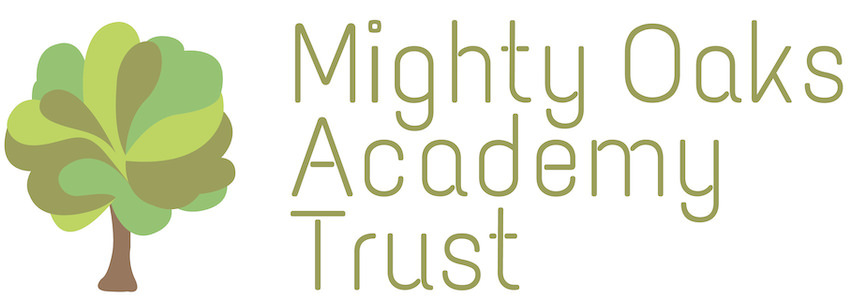Music
INTENT
Our intent is to provide a broad and balanced Music curriculum that encompasses a diverse range of musical genres, styles, and traditions. Our curriculum allows pupils to explore music from different eras and places, both within and beyond the United Kingdom.
We aim to develop pupils’ appreciation for different cultures through music, celebrating the rich musical heritage within the United Kingdom and encouraging an understanding of global music traditions. We strive to embed principles of equality, ensuring that all pupils feel valued and included in all aspects of Music education.
We seek to foster a love for music by providing numerous opportunities for pupils to engage in collaborative music-making experiences, such as choirs and school productions. We actively encourages pupils to perform publicly, showcasing their musical skills, boosting their confidence, and developing a sense of achievement.
IMPLEMENTATION
Our Music curriculum is structured and progressive, allowing pupils to build on their prior knowledge and skills. It sets clear learning objectives and sequences lessons logically, ensuring a cohesive and continuous musical learning journey.
The Music curriculum is delivered through an interactive resource called ‘Charanga’ which supports all the statutory requirements of the National Curriculum for Music in England in full. Through the clear sequenced lessons, children develop in key areas of the National Curriculum: Listening, Singing, Playing, Composing and Performing. By the end of Key Stage 2 children will have explored a wide range of musical genres from different cultures, learnt to play three musical instruments ( Glockenspiels, Recorders and Ukulele), exposed to notation and scoring and a developed a wide musical vocabulary.
We ensure that Music is taught by subject-specialist teachers or well-trained staff who have a genuine passion for the subject. Teachers employ a variety of pedagogical approaches to engage and inspire pupils, including practical activities, group work, and the use of technology to enhance the learning experience.
The school recognizes the importance of music technology and ensures pupils have access to appropriate resources and software. It provides opportunities for pupils to explore composition, recording, and editing techniques using digital platforms.
Formative and summative assessment strategies are employed to track pupils’ progress and inform teaching. The school uses a range of assessment tools, such as performance assessments, written evaluations, and peer feedback, to support pupils in self-reflecting on their musical abilities and identifying areas for improvement. We collect attainment data in Music, which allows us to track progress and identify any areas for improvement,
IMPACT
Pupils are fluent in musical vocabulary, demonstrate technical competence on instruments, and confidently perform individually or as part of an ensemble.
Music education contributes to pupils’ personal development, enhancing their self-confidence, resilience, and emotional well-being. Pupils develop a strong sense of belonging through collaborative music-making, valuing teamwork and supporting each other’s musical growth. Their increased cultural awareness fosters respect and empathy towards diverse musical traditions and communities.
We have high levels of pupil engagement and enjoyment in Music lessons.. Pupils actively participate in performances, demonstrating enthusiasm, passion, and a genuine love for music. The school celebrates their musical achievements, nurturing a positive and vibrant musical culture within the school community.

